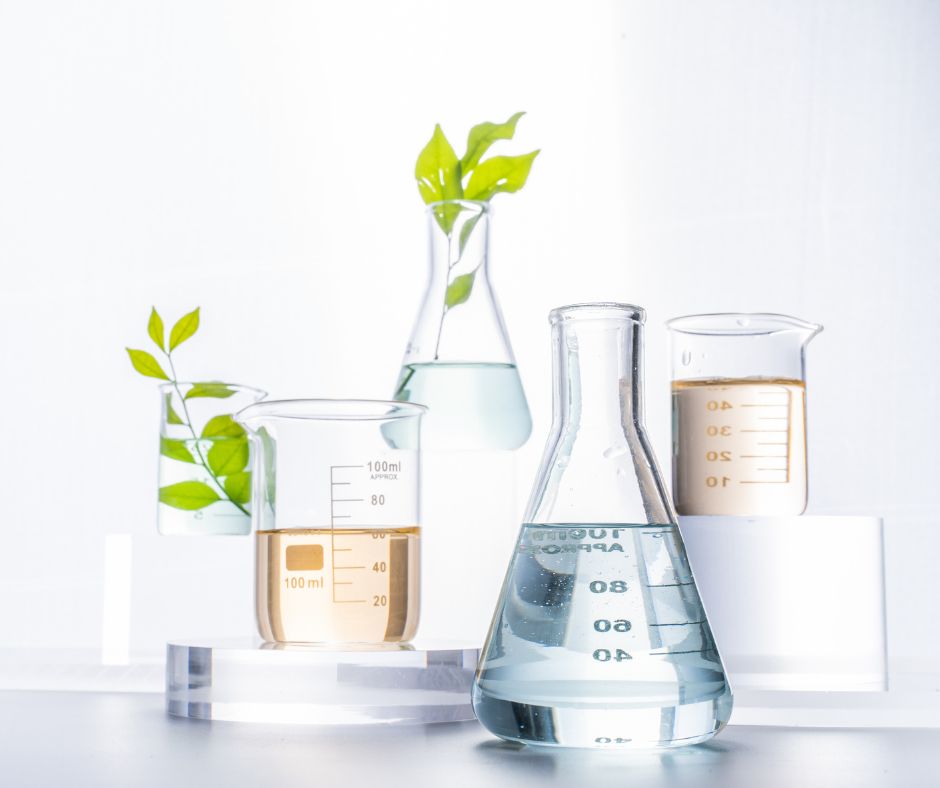The report’s key finding is clear: those in the food industry wishing to produce without GMOs still can - and should - continue to do so. There is no flood of New GMOs on the global market. Only three New GMOs are currently in cultivation: two maize plants, grown in the USA which are insect and herbicide resistant and a tomato, with increased GABA content intended to lower blood pressure, cultivated in Japan. 49 New GMO crops are currently in development and two of the earliest examples have already been withdrawn due to commercial failure.
“Despite the hype, the evidence from our report is overwhelming: New GMOs are only a promise and are far from a reality on the market,” said ENGA Secretary General, Heike Moldenhauer, “furthermore, despite widespread claims, not a single New GMO currently on the market delivers on sustainability promises, one of the main reasons their proponents are pushing to deregulate them.”
The report, which is the first in a series of annual reports intended to inform the food and feed sectors about key developments of New GMOs, reveals:
• Only three New GMO crops are being cultivated globally: two in the U.S. and one in Japan.
• Many of the 49 crops “in development” have been cleared for market access, especially in the U.S., but are not actually grown.
• None of the New GMOs in development address climate resilience or biodiversity loss, with just two showing potential for drought or salt tolerance.
Hans Eisenbeis, Director of Mission and Messaging at the Non-GMO Project, said: “Efforts to launch the next generation of GMO plants using gene-editing technologies like CRISPR just aren’t getting off the ground, despite permissive regulations (such as those in the USA), exaggerated sustainability claims, and billions of dollars in public and private investment.”
The report highlights shifts in the development of New GMOs compared to their old counterparts. While the application of old genetic engineering largely focused on four plants - soy, maize, rapeseed and cotton - used as animal feed, processed food ingredients, fuel or clothing, the spectrum of application of the New GMOs is far broader. With new genetic engineering, companies are working on a variety of plants that are intended for direct human consumption.
The developers of New GMOs have become more diverse - whereas old GMOs were mainly produced and marketed by the ‘four gene giants’ Corteva, Bayer, BASF and Syngenta, many companies are involved in the development of New GMOs, as are state institutes. The report lays out the “regulatory hotspots” around the world.
ENGA and the Non-GMO Project strongly recommend that companies in the food industry:
• Explicitly exclude New GMOs in their supplier requirements.
• Rely on independent certification systems that ensure products are free from New GMOs.
The full report is available here.
Media Contacts:
ENGA: Sarah Farndale, Email: farnisarah@gmail.com / Tel: +32 (0)490 390665
Non GMO Project: Alex Tursi, Email: alex@weareguru.com / Tel: (+1) 802.777.6737
About the report
The report’s editors are: Hans Eisenbeis, The Non-GMO Project (USA), Eva Gelinsky, Researcher (CH) and Heike Moldenhauer, ENGA (BE).
This report is the first publication tailored to food business operators who want a quick overview of which New GMOs they may need to deal with today and in the near future. The editors of this report bring together their international expertise to offer the food industry a vital synopsis of New GMOs.
The report focusses on New GMOs (and not ‘old genetic engineering’ or old GMOs: transgenic GMOs), also commonly referred to as ‘New Genomic Techniques’ used by EU institutions or ‘gene editing’, which is commonly used in North America to describe GMOs into which no ‘foreign’ DNA has been incorporated.
About ENGA
The European Non-GMO Industry Association (ENGA) is the voice of the Non-GMO food and feed sector at the EU level. ENGA, founded in 2020, secures and supports the expansion of Non-GMO production and advocates for the strict regulation of old and New GMOs in order to keep untested and unlabelled GMOs from entering the EU food and feed chains.
About The Non-GMO Project
The Non-GMO Project is a nonprofit organization based in the US. Since 2007, the Non-GMO Project Verified seal has remained the most trusted third-party verification for GMO avoidance in the US and Canada. Through its Food Integrity Collective, Non-UPF Verified program, and Non-GMO Project Verified mark, the organization promotes transparency and health in food systems. Learn more at foodintegritycollective.org, nonultraprocessed.org, and nongmoproject.org.
